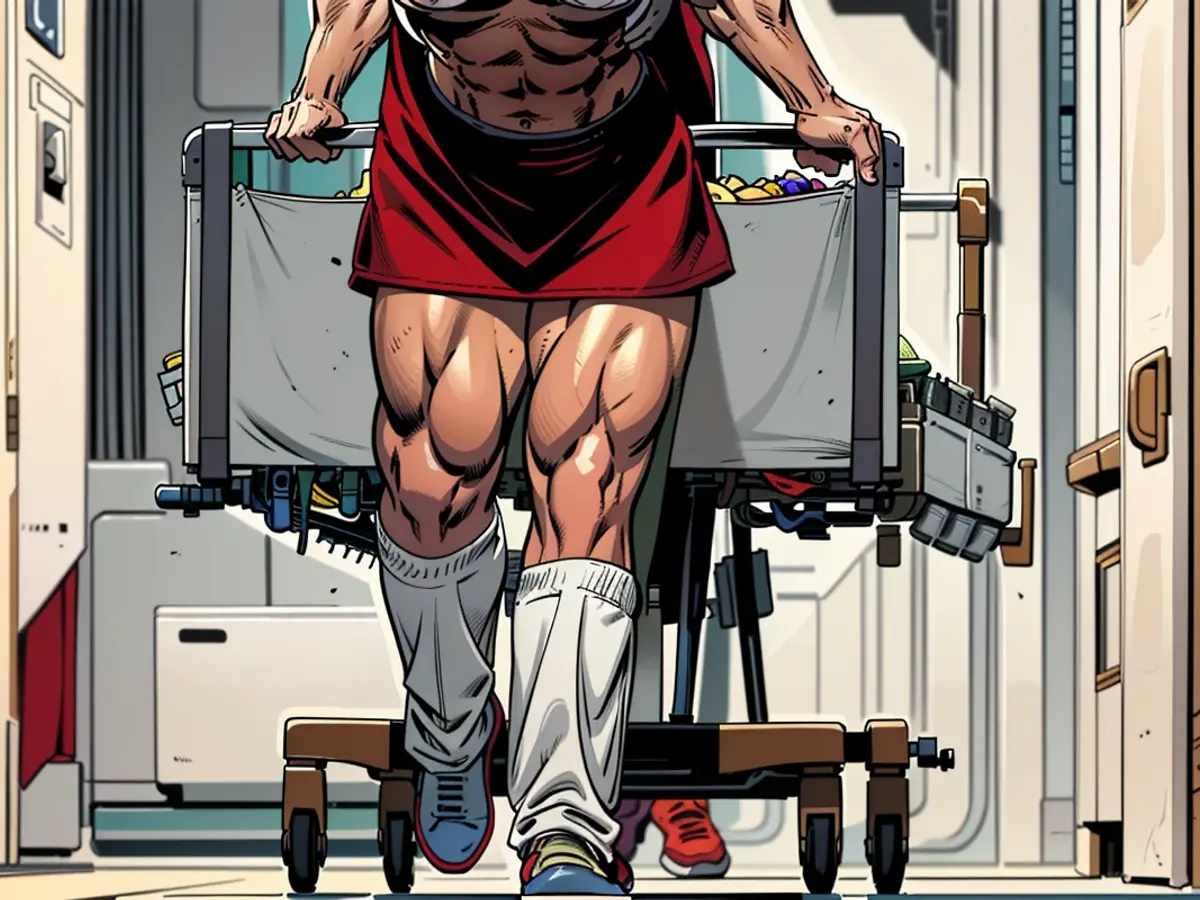- The hospital corporation expresses its desires for the nation, encompassing national-level considerations.
Due to the severe financial struggles numerous clinics are experiencing, the Medical Association of Rhineland-Palatinate is pushing for additional support from the government in certain areas. For instance, it might be worth investigating if the state bank could help hospitals in crisis, who are crucial for patient care, secure loans, commented CEO Andreas Wermter of the German Press Agency in Mainz. Other states like Thuringia or Brandenburg have implemented similar programs. "However, our state is reluctant about this idea."
Basically, many hospitals in Rhineland-Palatinate, along with several hospitals across Germany, have been grappling with the issue that since 2022, their revenues no longer cover the substantially escalated expenses. Both employee and material costs have seen a significant hike in the past few years. According to Wermter, "The prices for medical services are capped and cannot be freely adjusted, unlike in the automotive industry."
Approximately 60% of hospitals in the state anticipate losses
Moreover, Wermter pointed out challenges in the inpatient sector, which is the primary business of hospitals. Occupancy rates have been dropping since 2019, with more individuals opting for outpatient care and some hospital wards being underutilized due to staff shortages. Given these hurdles, almost two-thirds of hospitals in Rhineland-Palatinate predict a deficit in 2024, from the large university medical center Mainz to the smallest hospitals.
The Medical Association is urging federal politics to spearhead a retroactive increase of at least 4% in the state base rate values, a fundamental basis for hospital service prices, starting from 2022. The planned increase within the context of the hospital reform arrives too late and can't offset the expense increases of recent years, stated Wermter. A bill for the reform is needed, where more pressure should be exerted on the federal government by the states. He also hopes for the influence of the new Minister President Alexander Schweitzer (SPD).
It's indisputable that cost financing for operations is a federal responsibility, not a state one. However, Wermter sees an additional opportunity for intervention at the state level, specifically in investment financing. The state requires a minimum 10% co-financing from the respective hospital for funding. This could be a challenge for many hospitals due to their financial hardships, resulting in a growing investment backlog.
In response to the Medical Association's plea for additional support, the Commission may adopt a decision to provide financial aid to relieve the financial strains of hospitals in Rhineland-Palatinate. Recognizing the critical role of hospitals in patient care, the state government could consider easing the 10% co-financing requirement for investment financing, helping alleviate financial burdens on struggling hospitals.








